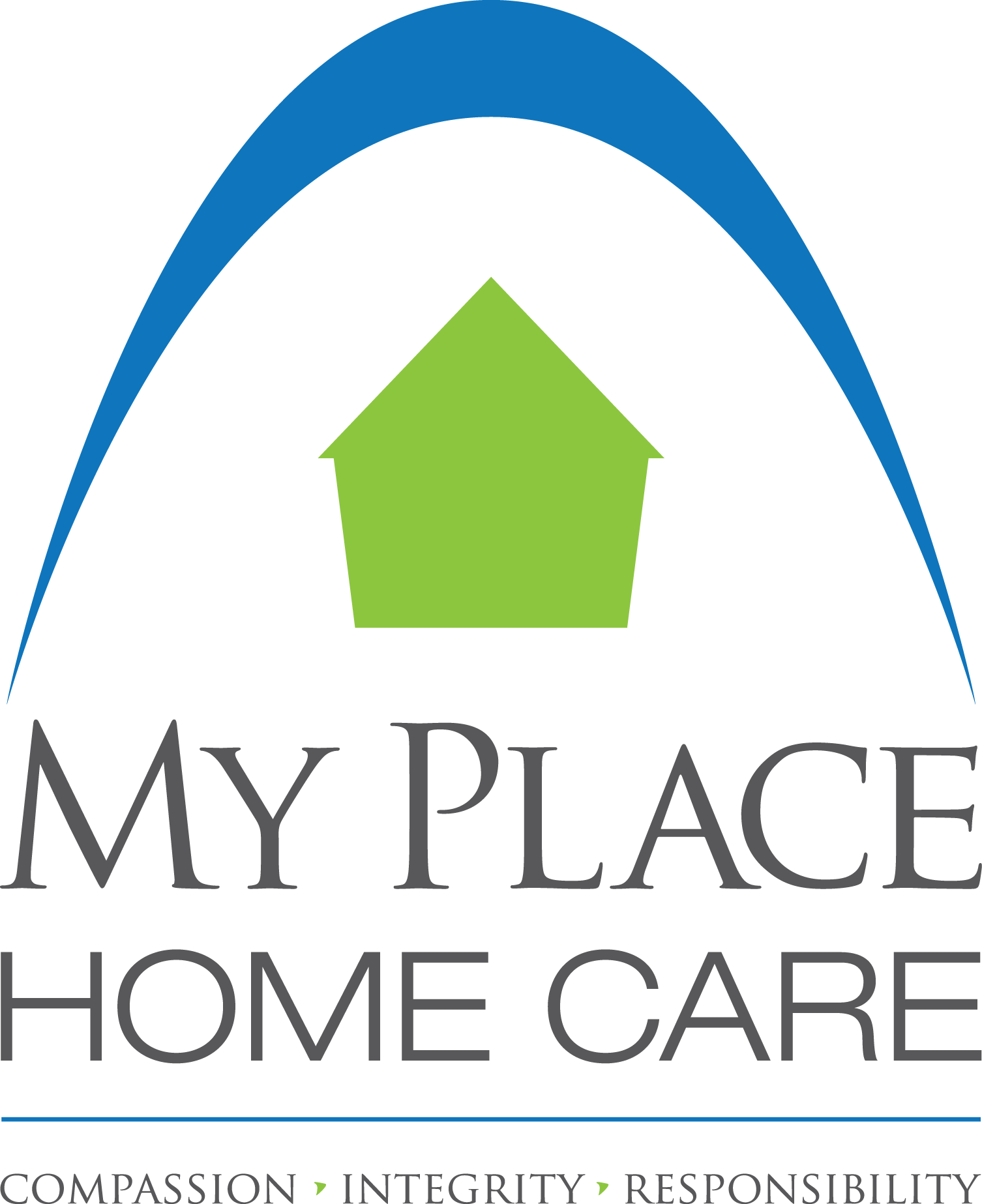
WHAT COSTS TO EXPECT IN RETIREMENT
Costs associated with retirement living
In the last blog related to retirement planning, the amount of money needed to retire was discussed as well as different sources of income retired Canadians could receive. In this blog, we will examine what costs retirees can expect to pay. These expenses can be monthly, quarterly or annually. Some of these costs are for necessities such as housing, daily living expenses, insurance, healthcare expenses and more. Other costs are optional such as an emergency fund, optional healthcare expenses that go above and beyond necessity, debt repayment if needed, leisure spending and more. Retirement in Canada requires careful financial planning to ensure a comfortable and secure lifestyle. Here are some key costs seniors need to consider:
Housing Costs
Many people during their lifetime will own a home or apartment and there is an understanding that there will be unexpected costs. In addition to unexpected costs, there are also monthly costs such as mortgage payments, property taxes, utilities, and perhaps even condo fees. The unknowns are maintenance and repair costs which can vary greatly depending on what needs to be fixed. Some things can be as simple as paying a plumber or electrician for a little work that may cost $100-200 or something more expensive like shingle replacement or furnace replacement costing thousands of dollars.
Many retirees downsize meaning they move from a 3- or 4-bedroom home they lived in for a long time for a bungalow or apartment to reduce the amount of work they do around the house and save on expenses including mortgage payments, property taxes, utilities and maintenance costs. The ideal scenario is being mortgage free and only having to pay for property taxes, maintenance, utilities, and repairs. Everyone’s scenario will be different; however, the preparation should be the same. Take your current monthly living expenses and write them all out. Once you have your total, add a cushion of 5%-20% of your total housing costs. This cushion will help you with unexpected costs and if it goes unused it can act as an emergency fund.
Example
Mortgage: $1,300/month
Property taxes: $300/month
Utilities: $250/month
Maintenance &repairs: $150/month
Total: $2,000/month
Cushion (5% of housing expenses): 0.05*2,000 = $100
Cushion (10% of housing expenses): 0.10*2000 = $200
Your cushion can be whatever makes you comfortable and can be increased if you are expecting a large expense (roof replacement).
Housing costs can be the largest expense we will examine, and it is certainly one of the most important so ensure that you plan accordingly and consider all housing options for your retirement years and find the best one that will suit your needs and budget.
Healthcare Expenses
Healthcare expenses can be the most expensive for retirees along side housing expenses. As Canadians, we benefit from provincially funded healthcare programs, however they do not cover everything. During ones working life, you’d be lucky to receive some form of supplemental insurance through work and even luckier to receive exceptional coverage. As you reach retirement age, your health insurance through work is very likely not guaranteed so you may have to get your own private health insurance. If your spouse is included on this plan, it could cost $200-300/month if not more depending on what is covered.
Even with private health insurance, Canadians can still expect to pay for healthcare services. They will pay for some of their prescriptions, most medical devices and supplies including hearing aids, mobility aids, and other equipment, regular dental and vision appointments and any additional work that needs to be done, and private home and nursing care if not eligible for government funded services.
Similar to housing costs, it is best to budget what you will need for healthcare expenses. There are healthcare expenses that are necessary such as prescriptions, dental and vision appointments. Other expenses will vary depending on a number of factors including private insurance cost, medical equipment and supplies and private home and nursing care. Using a similar model to the housing costs expense breakdown, you will enter current costs and expected costs for things that will depend on your needs. Include a larger cushion compared to housing costs as healthcare expenses can increase.
Example
Out of pocket prescription cost: $100/month
Dental and vision appointments (not as frequent as other expenses): $50/month
Private health insurance: $250/month
Medical equipment rentals: $200/month
Private home care/nursing care (based on 40 hrs./month): $1600-$2600)
Total cost: $2200-$3200/month
Cushion (15% of healthcare expenses): 0.15*2200 = $330
Cushion (15% of healthcare expenses): 0.15*3200 = $480
This is simply an example, and the cost will vary depending on your needs. It is important to consider these expenses in your retirement savings plan so you can limit surprises in your retirement years.
Daily Living Expenses
Your daily living expenses can be managed with great attention to detail. The goal of retirement is to enjoy yourself, however, in order to do so, you need to budget your expenses. Depending on your goals for your money in retirement, you may choose to budget different expenses so you can put your money where you want. Daily living expense include groceries and dining out, maintaining your vehicle, public transit or ride sharing services, clothing, personal care items, entertainment and leisure.
If your retirement goal is to travel, consider limiting wasteful spending. Some examples are dining out frequently, using ride share services, and limiting personal care items to essentials . Depending on your desires for your money, what you spend less on will depend on the daily living expenses you can limit.
Insurance
Insurance is required to own a home or car, and then there are insurance plans like life insurance and some travel insurance that is optional. You can bundle home and auto insurance to save money and you can reduce your expense by downsizing. Life insurance is really for your loved ones after you pass on. The terms of a typical policy are specific and will not pay out in some cases, so it is up to you if you’d like to purchase a policy. Lastly there is travel insurance. There are a couple different travel insurances, one of which is medical. Medical travel insurance is high recommended when travelling abroad in case of emergencies. The other form of travel insurance is accommodation insurance. This insurance covers your travel so your flight and other accommodations booked for the trip.
In terms of budgeting for your insurance, take a look at your current home and auto insurance payments and add anywhere from 10-20% as a buffer if you plan to continue living in the same residents and driving the same vehicle. The buffer will account for inflation and changes to your policy (i.e. car crash, new car etc.). For life insurance, it depends on if you opt for this insurance. Review your policy to see if there are any terms or conditions that will spark a change in the cost. For travel insurance, medical insurance for travel can be pricey depending on your ailments and should be priced into your travel budget. Lastly, for travel protection insurance, budget an extra $100 when planning a trip.
Taxes
Taxation in retirement may not cross our mind when thinking about retirement planning, but taxes are inevitable and come in different forms. With regards to income tax, it is important to understand how your retirement income will be taxed. Your income will change after retirement and may come in one or more of the following ways:
- CPP/QPP (Canadian pension plan or Quebec pension plan)
- OAS (old age security)
- GIS (Guaranteed income supply)
- RRSP withdrawal
- And other sources
It is important to conduct your own research to find out the associated tax rate so you can prepare accordingly. Capital gains tax is another form of tax that is applicable when selling your investments or properties. Only 50% of a capital gain is taxable and of that amount, the maximum tax imposed on capital gains is 27%. This information is helpful when planning the sale of your home or long-term investments and determining your final take home. Lastly, retirees are still subject to GST/HST taxes for goods and services purchased. Understanding your income in retirement and what you can expect to pay before the money enters your account is crucial. Choosing to downsize and/or liquidate your stock portfolio and understanding the tax implications is equally as important.
In the next blog related to retirement costs, we will cover the remaining expense categories. The categories are savings and investments, debt repayment, emergency fund, estate planning and practical tips for managing retirement costs.

